Close gender pay gap, exhort 4 in 10 urban Indians: Ipsos survey
A NEW global study carried out in 28 countries by Ipsos, in collaboration with the Global Institute for Women’s Leadership at King’s College London for International Women’s Day shows that at least 4 in 10 (41%) urban Indians (38% men; 43% women) want closing of gender pay gap prioritized. Though 39% feel while it is important to bridge the gender pay gap, but it is not the top priority, in the present circumstances. At the same time, 6 in 10 (60%) urban Indians (61% men; 59% women) believe there needs to be transparency in compensation of the workforce at the same level.
Further, at least 4 in 10 urban Indians (43%) and 1 in 2 global citizens (50%) believe that concerns around gender pay disparity are in response to a real problem, though 35% urban Indians are skeptical of the motive and feel it is more a manifestation of political correctness going too far. And 4 in 10 urban Indians feel the gender gap is the reality and not fabricated (as believed by 34% urban Indians).
"Gender pay gap is more pronounced in the unorganized sector, in India. Most organisations in the corporate world are striving for a gender neutral ecosystem, which compensates on merit – education and calibre and not by one gender over another. India has shown a lot of progress in providing fairness in compensation and hiring per se is governed by set norms," says Amit Adarkar, CEO, Ipsos India.
Gender jobs – perceptions
Jobs perceived for women included: childcare staff (57%), nurses (61%), care workers for the elderly (39%), teachers (31%) and shopworkers/ assistants (15%). Most were perceived to be underpaid.
Jobs perceived for men included: Delivery drivers (70%) – they were believed to be poorly paid, politicians (50%) - overly paid ; and some professions that were believed to be cut out for men with compensation correctly paid were of bankers (23%), construction workers (58%), police officers (48%), engineers (37%), computer engineers (29%), scientists (33%), accountants (30%) and doctors (22%).
“Some of these perceptions are misplaced and have undergone a sea change and may not be the thumb rule, anymore, as women are now increasingly entering all male dominated bastions and proving their mettle,” added Adarkar.
Recovery from COVID19 – important issues of women that should be addressed
COVID19 recovery should address issues of women and all global markets have indicated their priorities. Urban Indians want support for women and girls facing violence and abuse (37%); 36% believe there should be more flexible working practices such as working from home and working part time and 36% want better access to healthcare services for women – while these were the top 3 priorities mentioned, there was also call for social assistance (32%) to women; access to education and training (31%) and better mental health support services (30%).
Interestingly, 73% urban Indians said they were supported by their employer during the pandemic (71% men; 73% women). India is at the top across 28 markets on this attribute. Only 1 in 2 global citizens (47%) said they were supported by their employers.
Support by family and friends was paramount for both urban Indians (80%) and global citizens (71%).


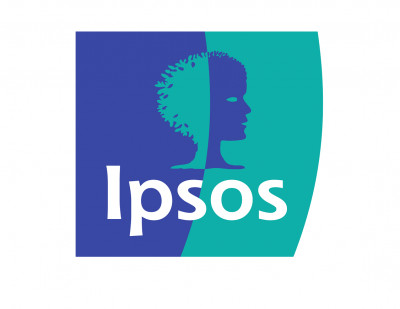

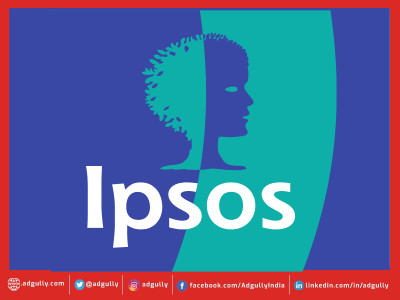

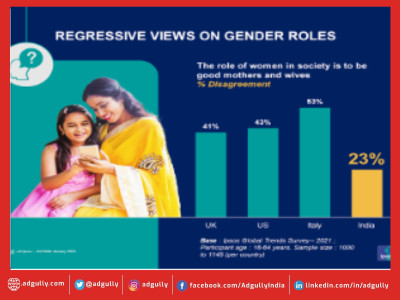



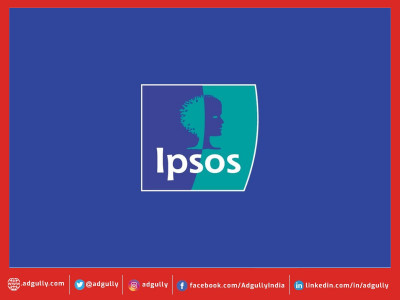

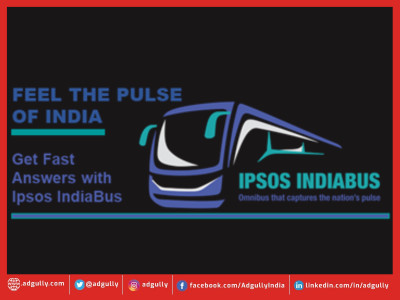


Share
Facebook
YouTube
Tweet
Twitter
LinkedIn